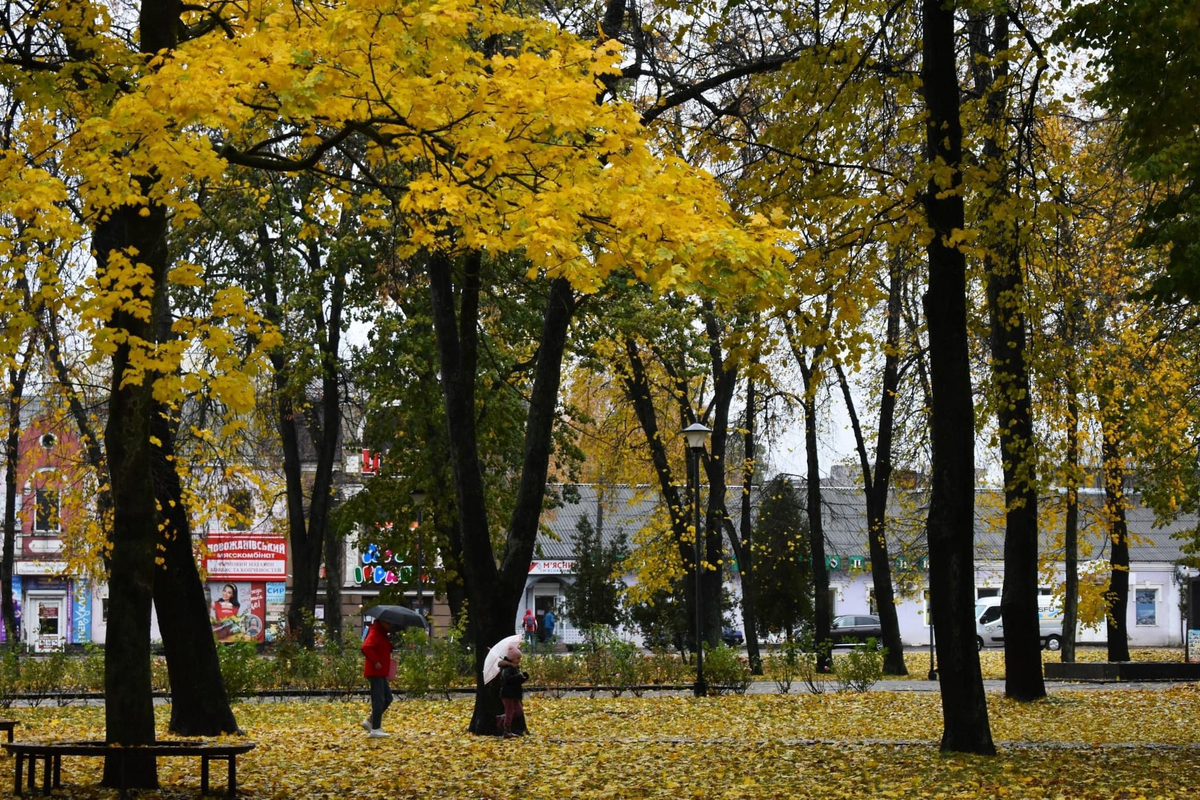Copyright kyivpost

The only hotel in Ukraine named “Shanghai” is located in the small town of Konotop in northern Ukraine, about 35 kilometers from the Russian border. No, this isn’t a Chinese investment, but rather the creative business venture of local entrepreneurs. The rooms, furnished in Soviet and post-Soviet styles, feature paintings depicting Chinese life. Customers praise the hotel for its friendly staff and very affordable prices. Rooms start at 15 euros per night. There is just one other hotel in this town of 70,000 residents, but there are always rooms available. Few people come to Konotop unless they have to, especially now, during the fourth year of a war that has hit the town hard. A year ago, the town was the target of an immensely heavy Russian attack which resulted in the near destruction of critical infrastructure – electricity and water supplies were cut off. It took a while to restore basic services, but then further attacks destroyed them again and once more they were repaired. This is how Konotop lives. The town used to boast tram routes, which was a rarity in a town of such small size. Today, the lack of electricity means that the trams stand idle in their depots. Yet the town continues to hold its head up, bolstered by a tradition of hard-won battles. Konotop has lived “on the edge” since the very beginning of the full-scale war in Ukraine, with all the daily dangers typical of Ukrainian settlements located along the front line close to the Ukraine-Russia border. For three months from February to April 2022, the Russian army did its best to capture Konotop, but failed, partly due to local defense efforts and partly due to the notorious marshlands surrounding the town which are very difficult to negotiate – the name “Konotop” means “the place where horses drown”! The invaders eventually retreated to the Russian border, 35 kilometers to the north-east. The “master” of Konotop Konotop’s reputation as a “stubborn” and proud town goes back to the Battle of Konotop which took place in the summer of 1659. During the Muscovite-Cossack War, the army of Ukrainian Hetman Ivan Vyhovsky routed the Muscovite army. This battle, which was carefully omitted from Soviet school history textbooks, has now become an important element in the patriotic education of young Ukrainians and additional source of motivation for Konotop residents to remain in the city despite the danger. In 2015, Artem Semenikhin, a Donbas war veteran, local businessman, and Ukrainian nationalist, became mayor of the town. No doubt, he hoped to reinforce Konotop’s heroic image. Upon taking over the mayor’s office, Semenikhin immediately removed the portrait of then President Petro Poroshenko from the wall and replaced it with one of Stepan Bandera, a leader of the Ukrainian nationalist movement in the 1930s and 1940s. This portrait still hangs in his office, while Volodymyr Zelensky’s is nowhere to be seen. For a long while after Semenikhin’s election, local pro-Russian politicians and former communists regularly clashed with the mayor of Konotop, but he always fought back. When local deputies instigated and won a vote of no confidence against the mayor, Semenikhin took his opponents to court, won the case and was reinstated. He continued to fight for the Ukrainization of the city which doggedly hung on to its atmosphere of a post-Soviet town filled with Soviet monuments, Soviet street names, and Moscow Patriarchate churches. Since the full-scale invasion, Semenikhin has proved himself capable of keeping all the city’s problems under his control, managing to restore the city’s infrastructure after each new shelling. Today even the local folk with nostalgic feelings for the USSR have stopped opposing him. He is recognized as the “master” of the city. His opinions are listened to and trusted as he seeks to build on Konotop’s heroic tradition. His efforts may have been dented a little by the recent re-popularization of a theatre piece by the nineteenth century Ukrainian playwright Hryhorii Kvitka-Osnovianenko – “The Witch of Konotop.” Written in 1833, this tragi-comic play undermines the reputation of the local Cossacks, casting them in the role of unwilling combatants who come up with the excuse that they are very busy hunting for the witch responsible for the lack of rain in the area. In 2024, a revised version of this story, in which Russian soldiers are the anti-heroes, was made into a film and enjoyed box-office success in Ukraine, while a new and avant-guard production of the play directed by Ivan Urivskii, has been running to sell-out audiences in Kyiv at the Ivan Franko theatre since spring 2023. Semenikhin may well see “The Witch of Konotop” as a threat to the town’s reputation. This could explain why he banned the celebration of Halloween in Konotop’s schools, colleges and municipal offices, arguing that such celebrations contradict Christian values. Some commentators have insisted that this decision is unconstitutional since Ukraine is a secular democracy country where everyone may decide for themselves what to celebrate. However, Ukraine’s central government doesn’t target Semenikhin for reprimands. Konotop is far from Kyiv, and it is a small town with an annual budget of just over $15 million. Kyiv is a very different matter given its annual budget of over $2 billion and a long-standing power struggle for control of the city between the central government and the mayor’s office. Recently the Ukrainian parliament, dominated by Zelensky’s “Servant of the People” party, voted on amendments to the 2026 state budget, under which approximately 10 percent of Kyiv’s city budget has been seized for the benefit of the central state budget. Not surprisingly, Kyiv’s mayor, Vitali Klitschko, was furious about this decision which he stated would make it impossible for the city to provide certain services and benefits, like free public transportation for pensioners. He has complained to the Council of Europe’s Commission on Self Government, asking the EU to send a team of experts to Kyiv to monitor the situation. Organizing any such monitoring exercise in a country at war would be very difficult, but the mere request could negatively impact Ukraine’s progress toward EU membership. It could also spur Ukraine’s central government into requesting a monitoring visit to Konotop, where the highly independent Mayor, Semenikhin, is quite comfortable. He receives no complaints from Kyiv, nor does the central government demand money from his city budget for national needs. If European experts on local government were to arrive in Konotop, they would probably stay at the Shanghai Hotel and meet with the mayor, whose office wall, instead of a portrait of Zelensky, has a portrait of Stepan Bandera, a political figure whose reputation in Europe, and especially in Poland, is anything but positive. The views expressed are the author’s and not necessarily of Kyiv Post.



